Genomics Futures workshop: Understanding and sustaining life on earth
Understanding and sustaining life on earth
17th to 18th of March 2025, Wellcome Genome Campus, UK
Life on our planet is in crisis. The combined impacts of anthropogenic ecosystem degradation and global climate change threaten not only the survival of individual species but also the resilience and existence of whole ecosystems.
At the same time we realise the extraordinary diversity of life on earth as never before. Our current understanding of the many ways in which genetic systems can work is based on sampling of less than half a percent of the described species, and the roster of described species is likely only a tenth of all species. Thus we know next-to-nothing about the genomic diversity of our planet, just as we apprehend that it is globally under threat.
Biodiversity is not evenly distributed. Most named biodiversity is found in the territories of nations in the global South, often just those nations most at risk from negative effects of climate change and those historically underrepresented in genomics advances. The future of biodiversity genomics should recognise the imbalance between existing centres of biodiversity genomics research and the places where both biodiversity loss and the potential for new discovery from biodiversity are concentrated.
The questions are legion. Should we aim to sequence all biodiversity? How can we best use sequencing to preserve wild ecosystems, promote sustainable agriculture and efficiently discover new biomaterials? What are our proven routes to impact, and can we get new routes to impact in place in time to avert crisis? These are just some, but there are many more.
How the workshop will run
This two-day workshop will surface 25-year visions for understanding and sustaining life on Earth from a broad set of perspectives. We will discuss the grand challenges we face to achieve these visions and brainstorm steps to overcome these challenges. This workshop will act as the beginning of a conversation around these grand challenges that we hope to see taken forward by all stakeholders. We will collaborate to produce a report of our 25-year vision and the pathways to making this a reality.
Within the workshop, participants will:
- Set out their visions for the future and their potential impact
- Discuss and debate approaches to arrive at the ideal state
- Propose the type and scale of data required as well as the data infrastructure challenges
- Explore the technological gaps that, if addressed or overcome, will drive progress towards that ideal state
- Outline the logistical, societal and ethical requirements to address the challenges.
We will explore the future of genomics for understanding and sustaining life on earth through engaged discussion of the several interacting strands of science, technology, policy and ethics, grouped around five Challenge Topics. Each topic has the premise that sequencing will be fundamental to the health and resilience of ecosystems.
Challenge Topic 1: Reference genomes and beyond for all species. 
Challenge Topic 2: Moving biodiversity monitoring through sequencing into the realm of actionable data.
Challenge Topic 3: Bioprospecting to build a new, post-oil bioeconomy, exploiting new molecular understanding of all life on earth
Challenge Topic 4: Functional biodiversity at landscape scales: predicting ecosystem function and resilience through the sequences of the genomes present in an ecosystem.
Challenge Topic 5: Directing genomic advances to tackle urgent climate challenges
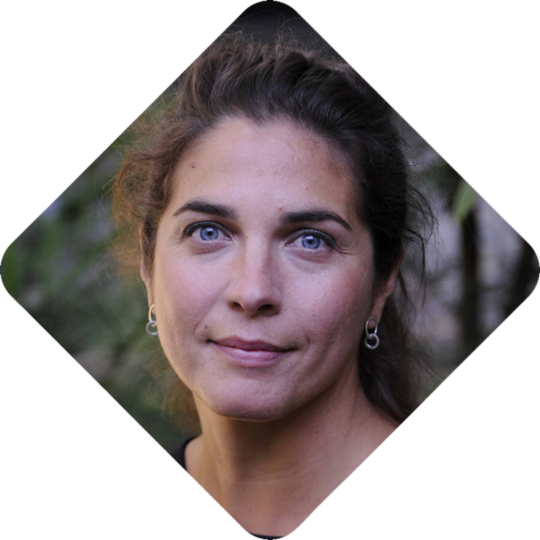
Dr Mara Lawniczak,
Wellcome Sanger Institute, UK
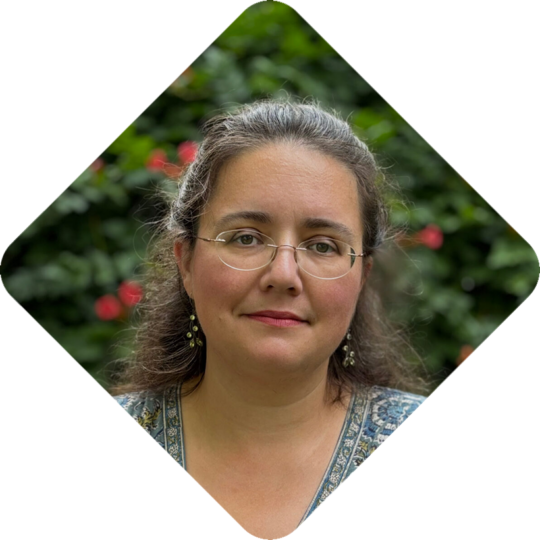
Professor Elizabeth Clare,
York University, Canada
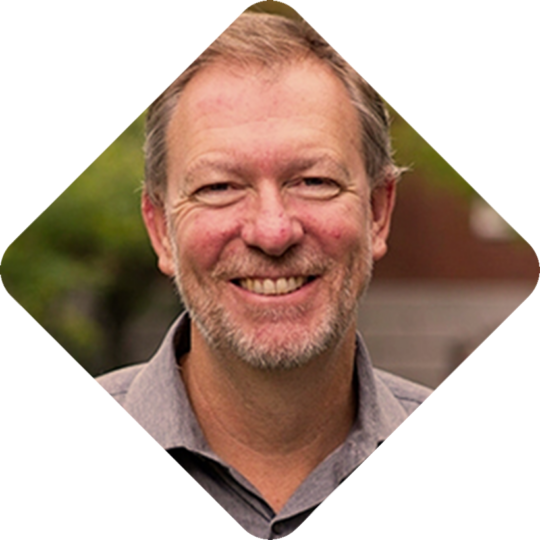
Dr Chris Bowler,
IBENS, France
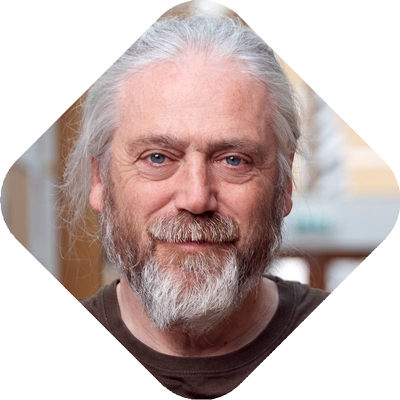
Professor Mark Blaxter
Wellcome Sanger Institute, UK
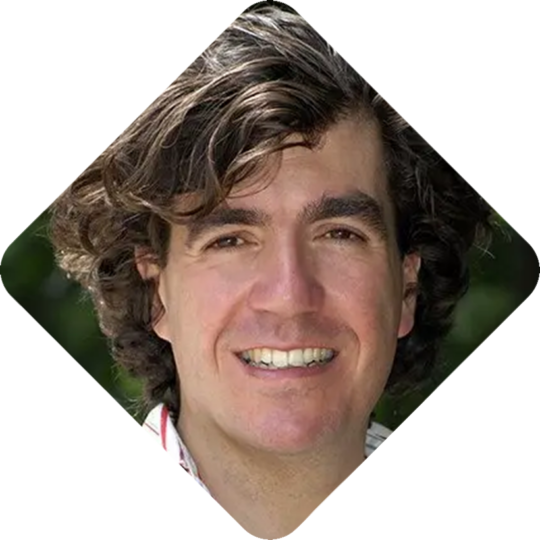
Professor Allan Dangour,
Wellcome, UK
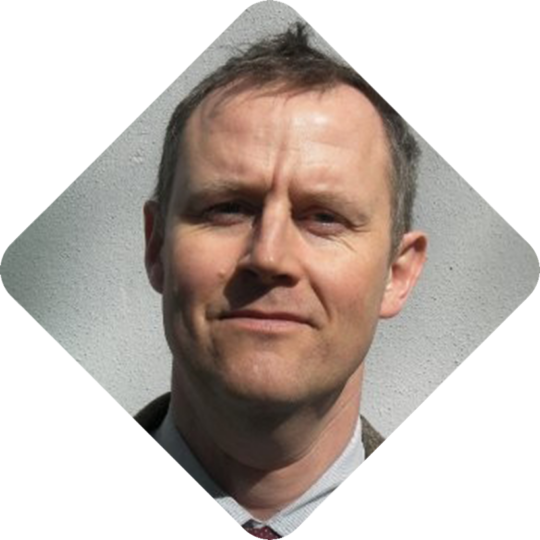
Tim Cullingford,
Wellcome, UK
Travel and Accommodation
 Travel Visas
Travel Visas
Citizens of many countries can travel to the UK to attend a workshop without needing a visa. Please check the UK government website for visitor information: https://www.gov.uk/standard-visitor.
Confirmed attendees requiring a letter to support a visa application should indicate this when registering.
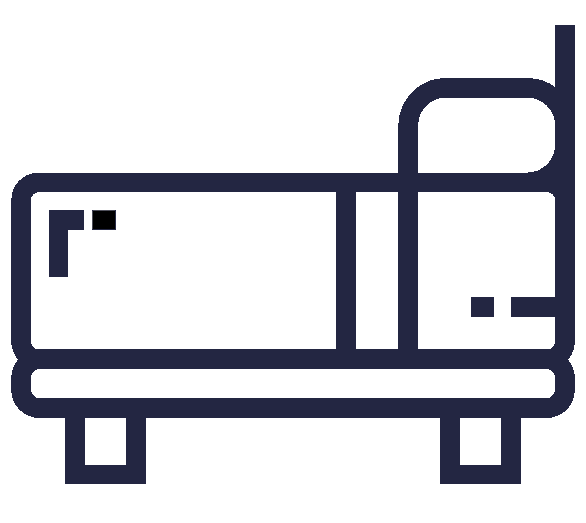 Accommodation
Accommodation
As part of the workshop invite, one night of accommodation is booked automatically when you select the accommodation option at registration. If you require any additional nights accommodation please indicate when registering.
Travel Terms
As our guest, we will provide you with a complimentary registration, accommodation and meals/refreshments during the event. We will also reimburse travel expenses to the the maximum stated on your invitation letter, subject to the following terms:
- Maximum amount is determined by your location and included the cost of ground transportation whether arranged by you or us
- Payment will be reimbursed in GBP, USD or Euro
- Travel is by the most economical method. If not then any excess will be at your expense
- If you require additional support due to a medical condition this will need to be pre approved, please contact genomicworkshops@sanger.ac.uk
- We cannot reimburse any accommodation costs that you may incur whilst travelling
- Original receipts should be retained
- Provide your own travel and medical insurance policy cover
- If you require a UK standard visitor’s visa, apply early (three months before you travel as processing time of visas is approx. 10 weeks). We cannot reimburse travel that has been paid for if a visa was not issued due to failure to apply in time
- To contribute to the overall success of the event, we request full commitment for the duration of the workshop.
Travel Allowances
| Your location | Max amount for travel expenses reimbursement (GBP)** |
| UK | Up to £250 (depending on location) |
| Europe | £500 |
| Medium haul i.e. USA/Canada – East Coast, Middle East, North Africa | £1,250 |
| Long haul i.e. USA/Canada – West Coast, Japan, Israel, Australia, Southern Africa | £1,500 |
Getting here
 Travelling by air
Travelling by air
The following are estimated travel times to the Campus:
- Cambridge City Airport 25 minutes
- London Stansted 30 minutes
- London Luton 1 hour
- London City 1 hour
- London Gatwick 1 hour 30 minutes*
- London Heathrow** 1 hour 30 minutes*
*We recommend you allow 2 hour journey time to Heathrow and Gatwick in case of traffic delays.
**You can catch the underground from Heathrow. However, the journey will take about one hour to get to Kings Cross. A quicker option would be to catch the Heathrow Express train, which would take you to Paddington station in London. You can then pick up the London Underground from Paddington to London Kings Cross which is only 5 stops away on the Circle Line.
From London Kings Cross you can catch a direct train to Cambridge which departs at 15 minutes and 45 minutes past every hour (depending on the time of day)
Alternatively you can take the London underground to London Liverpool Street and catch the train to Whittlesford Parkway station.
We recommend not taking a black cab from the airport unless pre-booked. London cabs will charge around £250 for the journey.
 Travelling by train
Travelling by train
The nearest railway station to the Campus is Whittlesford Parkway. A small, free shuttle bus runs between the station and the Campus. Please note all shuttle buses operate on a first-come-first-served basis and have limited operating times. Please check the timetables for all shuttle buses here.
Travellers from Cambridge railway station can use the shuttle bus stop at Centennial Hotel on Hills Rd, just left of the junction with Station Road.
No taxi ranks are present at Whittlesford Parkway, Great Chesterford, nor Audley End railway stations. If you require a taxi to collect you from these stations, we recommend pre-booking (see local taxi companies below). There is a taxi rank at Cambridge station.
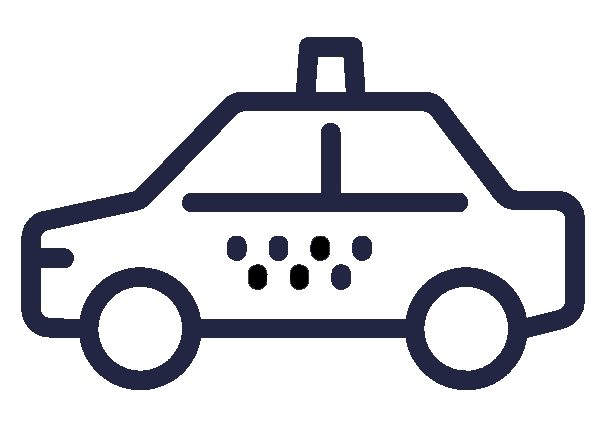 Local taxi companies
Local taxi companies
For Cambridge and the airports
Panther Taxis
+44 (0)1223 715715
Sawston Carriages (for all journeys)
mick@mickgomm.com
+44 (0)7449 822626
For Whittlesford Station & the Holiday Inn Express, Audley End & Great Chesterford Stations
City taxis + 44 (0)1223 832832
Crocus +44 (0)1799 525511
The cost of a taxi from Cambridge to the campus is ~£25, from Stansted Airport to the campus is ~£68 and from Heathrow Airport is ~£130. Please contact the taxi firm directly for a quote.
 Travelling by car
Travelling by car
There is ample onsite parking. The Conference Centre postcode is CB10 1RQ.
Please contact Amanda Fletcher, Events Lead: af18@sanger.ac.uk for a parking permit.
There is no charge for parking at the Conference Centre.
